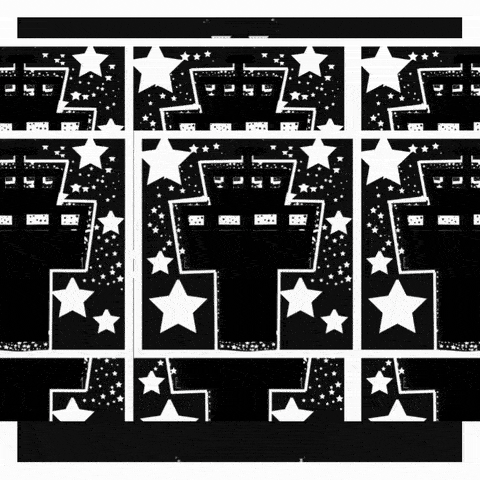Click here to flash read.
The paper presents the main characteristics and a preliminary implementation
of a novel computational framework named CompLog. Inspired by probabilistic
programming systems like ProbLog, CompLog builds upon the inferential
mechanisms proposed by Simplicity Theory, relying on the computation of two
Kolmogorov complexities (here implemented as min-path searches via ASP
programs) rather than probabilistic inference. The proposed system enables
users to compute ex-post and ex-ante measures of unexpectedness of a certain
situation, mapping respectively to posterior and prior subjective
probabilities. The computation is based on the specification of world and
mental models by means of causal and descriptive relations between predicates
weighted by complexity. The paper illustrates a few examples of application:
generating relevant descriptions, and providing alternative approaches to
disjunction and to negation.



